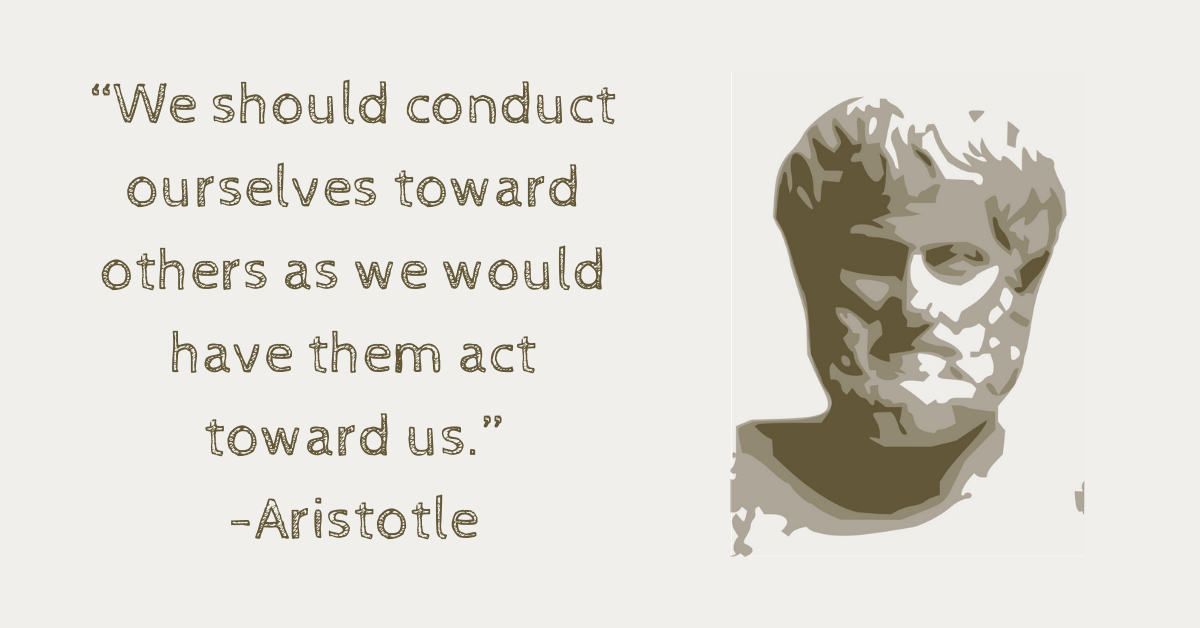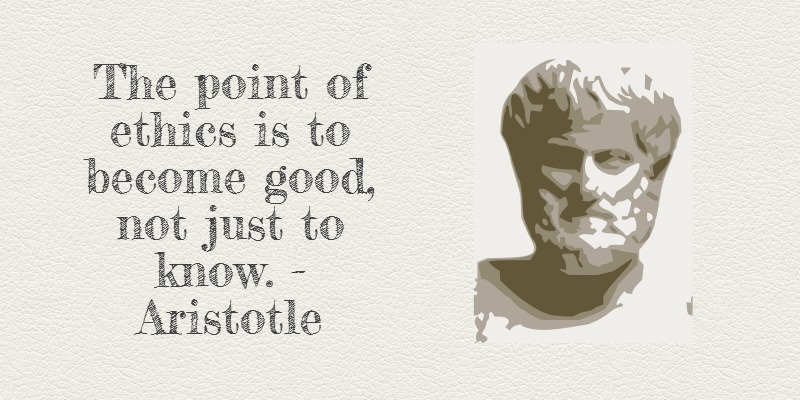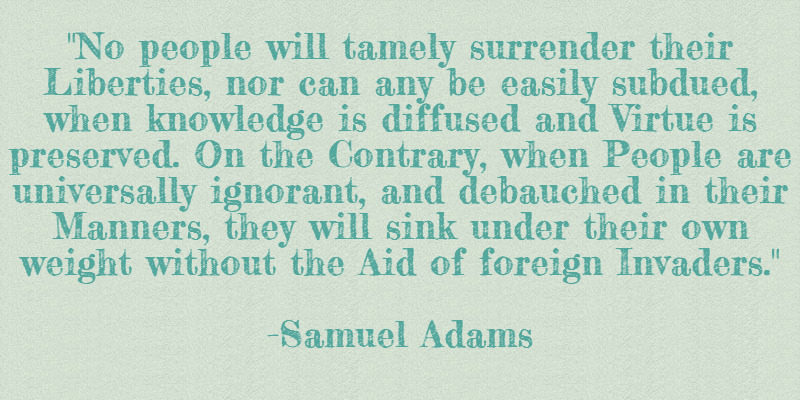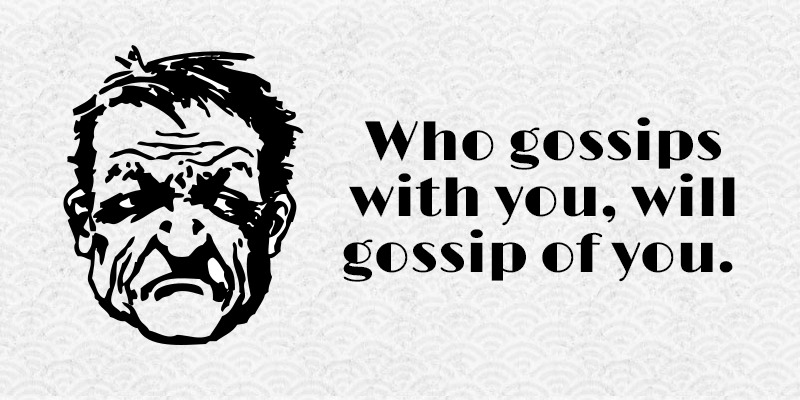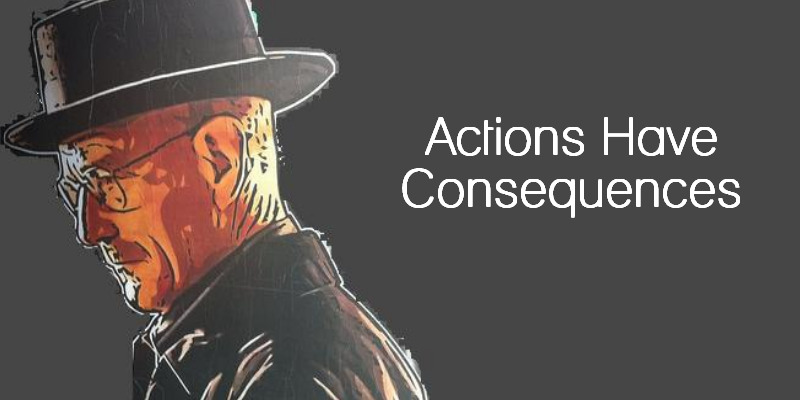It turns out that there are 3 important rules we can always use to do right by others: the Silver Rule, the Golden Rule and the Platinum Rule. These 3 rules are applicable regardless of our politics, religion or culture. These moral rules also have broad support across cultures and throughout history. Let's discuss the Silver, Golden, and Platinum Rules, and how they can easily be applied to tell right from wrong when it comes to our choices and actions.
|
Really you ask? Is it possible to tell right from wrong and to easily figure out how best to treat other people in every situation? Yes it is, and I'm about to show you how.
It turns out that there are 3 important rules we can always use to do right by others: the Silver Rule, the Golden Rule and the Platinum Rule. These 3 rules are applicable regardless of our politics, religion or culture. These moral rules also have broad support across cultures and throughout history. Let's discuss the Silver, Golden, and Platinum Rules, and how they can easily be applied to tell right from wrong when it comes to our choices and actions.
3 Comments
While it is probably impossible to prevent all interpersonal conflict, many problems can generally be prevented by being “nice,” which is a simplified term for ethical conduct, kindness, and good character. You will have fewer interpersonal problems in your life if you are as mindful as possible of your own behavior, meaning that you don’t thoughtlessly say and do things that harm others.
I’m actually not the most tactful person by nature. But I have learned from direct experience that improving my tact and self control largely leads to freedom from self inflicted interpersonal problems. What does that mean? Well, the more that you consciously govern your behavior, the less you will say and do things that you regret or that ultimately sabotage your relationships and your happiness. There are steps that you can take to increase your tact in conversations, and control your own behavior. If these steps do not prevent most conflicts, you still have a right to point out the mistakes and limitations of others if their behavior is hurting you. The downside to free will is that people can misuse it to harm others. People have a right to be wrong, just not to do wrong. Which is why it is essential to have strong personal boundaries when dealing with difficult or unethical people in your life. Here’s How: We may believe that some political parties, economics systems or types of government are inherently more moral or pragmatic than others. This essay will not be refuting that claim. Rather, I argue that regardless of the organic value of various economic and political systems, they are all eventually doomed to corruption, oligarchy and failure if the people involved in them are not ethical. In other words; ethics always come first. According to Aristotle, the Nichomachian view is that we must look at virtue and character in politics. Governments, political parties, communities, and economic systems are extensions of us. They reflect our values and our behaviors. Ethics is the lynchpin on which everything in human society depends. If we are unethical personally, and if society is unethical in the aggregate, then of course we will never have a moral system, no matter how authoritarian or anti-authoritarian, capitalist or communist, left or right the system is inherently. Changing the system as a whole won't solve the underlying problem until we get at the root of the specific causes; namely our own behavior. People who are unethical will continue to be unethical regardless of political party, after a revolution, change of government, or in an alternate economic paradigm. We must treat the disease itself, not just the symptoms. We are the source of the problem, and as such, we must change. Consider the following quote from The Matrix, "It is not the spoon that bends, but yourself." The solution is to change yourself. Adopt and practice a balanced code of ethics, educate yourself and others, and act locally in your own community to effect positive change. Mistakes are an inevitable part of life. While some mistakes can build character, other mistakes detract from character. You’ll want to avoid these 4 big mistakes which tend to negatively alter the way that people see you: 1. Lying Nothing ruins your character more quickly than lying. According to psychologist George Simon, “lying is one of the many tactics by which a person avoids taking responsibility for behavior while simultaneously attempting to manipulate or manage the impression of others.” If someone lies to you even once, your confidence in that person’s sincerity and character has been lost for the foreseeable future. You no longer trust a liar or give them the benefit of the doubt.
What about white lies? If you are tempted to lie in order to protect someone's feelings, consider that assertive communication goes a long way, since many white lies are based on opinions, not facts. If someone asks “Does this dress make me look fat?” any response that you give is just your opinion, so there is no need to be offensive. You can choose to respond assertively in a way which protects someone's feelings, such as, “I think the other dress is the most flattering, but that is just my opinion.” Most people watch television to be entertained. AMC’s popular series Breaking Bad, is a rare show which entertains and does something infinity more important; it examines serious moral issues in grave detail. Vince Gilligan, the creator of the show, stated, “If there’s a larger lesson to Breaking Bad, it's that actions have consequences.”
The actions in question often relate to the downward spiral of the show’s anti-hero, Walter White, who after a cancer diagnosis, goes from ordinary high school chemistry teacher to brilliant and violent meth kingpin. While overtly a modern Western about science, drugs, and criminality, Breaking Bad is secretly a moral treatise. Widely touted as one of the best television series of all time, Breaking Bad concluded in September 2013. The show has also been criticized for its grittiness, cynicism and lack of humanity. There may be certain times when viewers will inevitably feel cynical because the show accurately portrays human failings, consequences and the tendency for self deceit. All moral choices are human, but some are just not pro-humanity. The show's deeper purpose is to realistically explore overarching themes of moral choice, personal conduct, responsibility, self-deception, and karma. Note: if you have not seen the entire series, there are spoilers below. |
Don't Miss A Post!Sign up to receive updates and special announcements! Thank You For Subscribing to Common Sense Ethics!You have successfully joined my email list. About Me:Thank you for your interest in Common Sense Ethics! I'm Leah, a librarian and freelance editor with a background in history and philosophy.
Most Popular Blog Posts:3 Unpopular (But Likely Correct) Opinions According to Cicero Download My Stoic Printables For Tough Days:
Watch Common Sense Ethics On YouTube:
|

